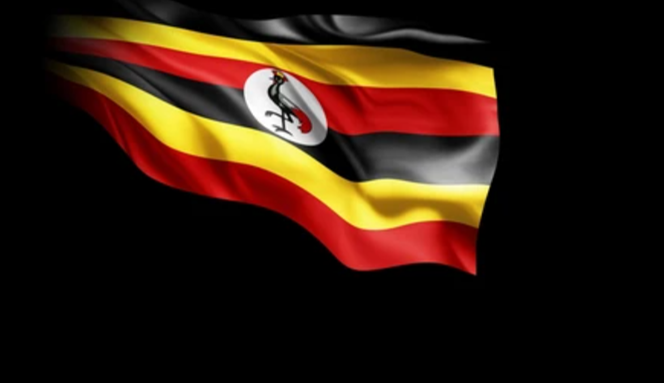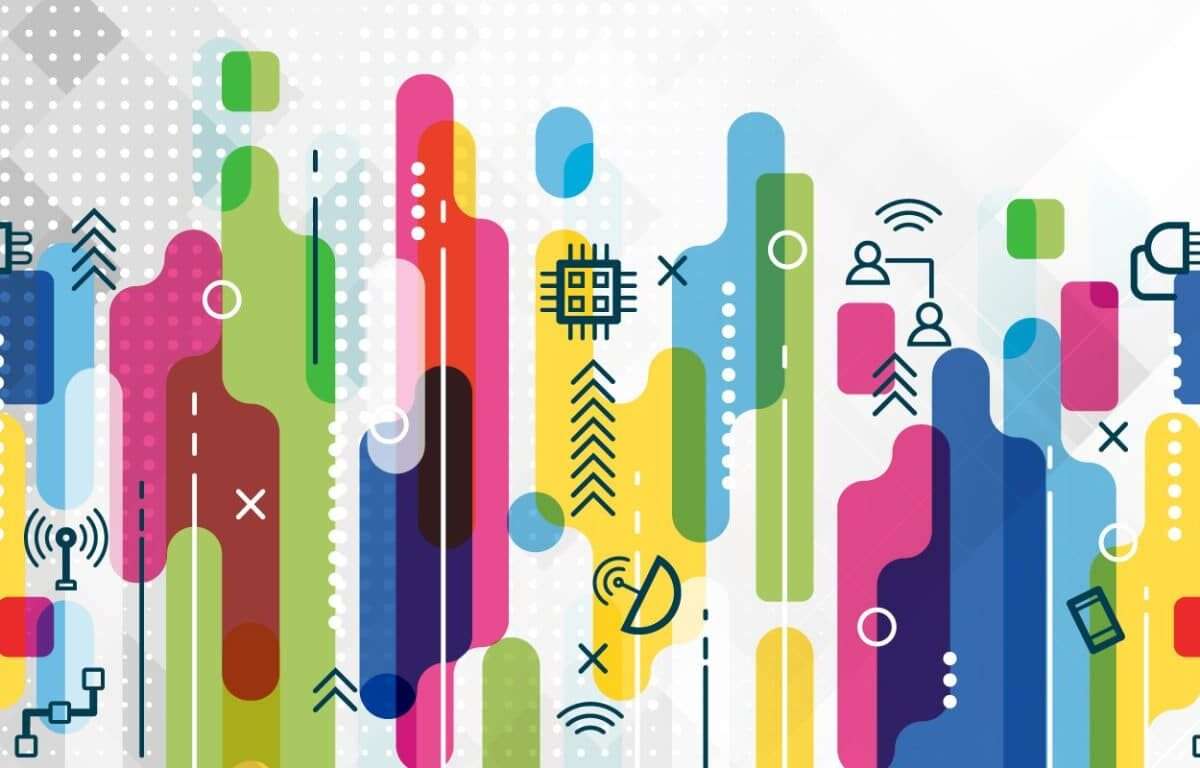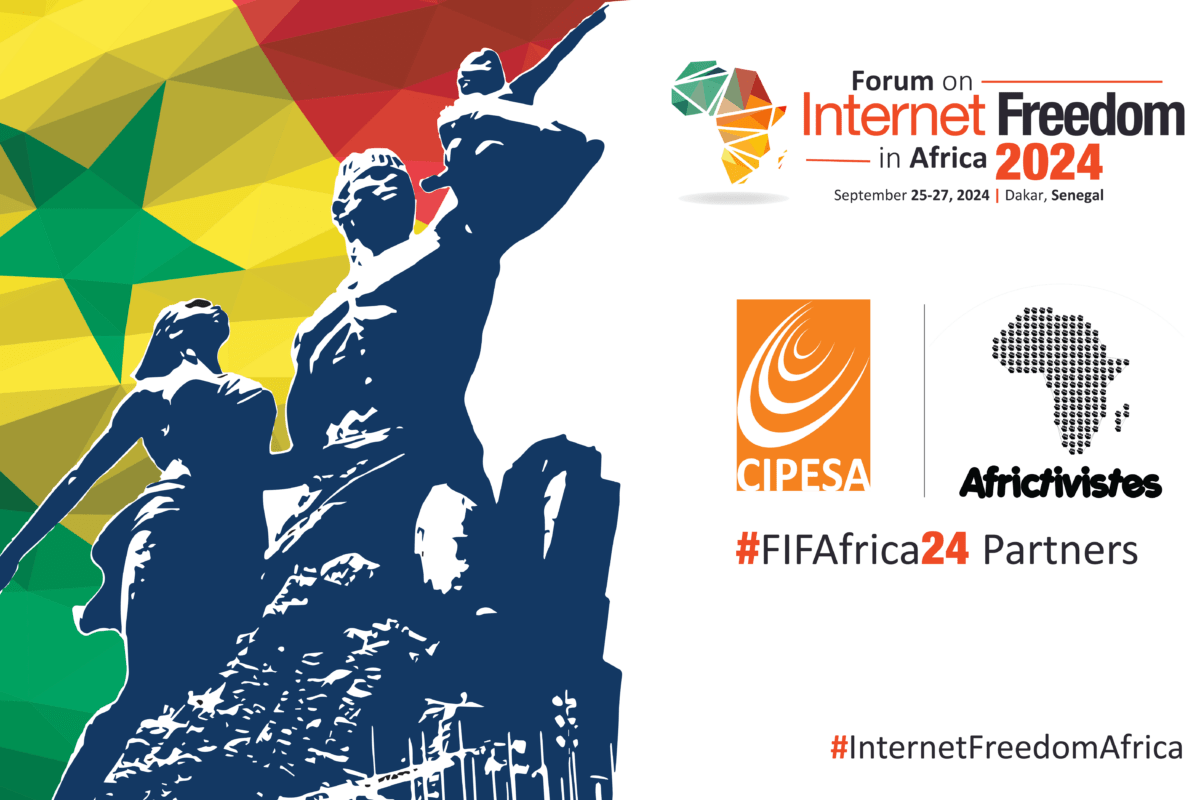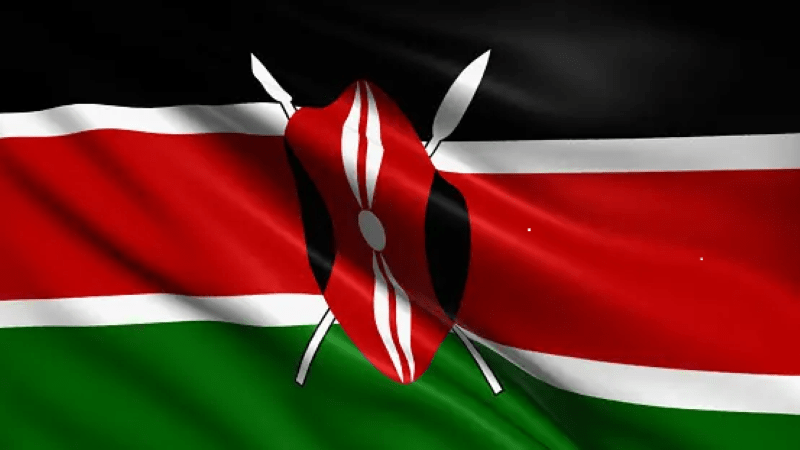Statement |
The Collaboration on International ICT Policy for East and Southern Africa (CIPESA) condemns today’s arrest of peaceful and unarmed protesters by Ugandan police and security forces.
The protesters are mostly young people who had for weeks vowed to march peacefully to Parliament to protest against corruption and abuse of office. This followed months of online activism in demand for transparency and accountability from duty bearers. The protest was also inspired by the #RejectTheFinanceBill2024 picketing in neighbouring Kenya.
Among the demands of today’s protesters were the resignation of Speaker Anita Among and the four Commissioners who awarded themselves “service awards”, as well as the reduction of the size of Parliament and the allowances of Members of Parliament (MPs).
Ahead of the protest, law enforcement authorities responded, typically, by announcing that they would not allow it because they had intelligence that “criminal elements” wanted to take advantage of it to disrupt public order and incite violence. They added that they would not allow demonstrations in crowded cities or towns because of the threat of disruption of commercial activities.
In a national address on July 20, President Yoweri Museveni weighed in with a warning to the protesters that they were “playing with fire” and that “we cannot allow you to disturb us”.
What has followed is the wanton disregard of the Constitution that we have witnessed today. Up to 60 protesters have been arrested, many of them violently.
Today’s clampdown on peaceful protesters comes on the heels of a worrying trend of arresting individuals that use social media such as Facebook, X, and TikTok to criticise the government. These developments present a major threat to citizens’ enjoyment of the right to freedom of expression.
The right to “assemble and to demonstrate together with others peacefully and unarmed and to petition” is protected by Article 29 of the Constitution of Uganda. We are aware that there are limitations on such rights, but Article 43 of the Constitution is also very clear that such limitations must be “acceptable and demonstrably justifiable in a free and democratic society”.
The Constitutional Court has previously held that the Police have no powers to prohibit a demonstration from proceeding but a duty to regulate it so that it happens within what is allowed by law. It is in that spirit that the Court struck down Section 8 of the Public Order Management, which Police had previously used to stop or justify restrictions on public meetings.
The Court has also rightfully held that inconvenience, disruption or annoyance from a peaceful protest must be tolerated in the interest of protecting the rights to freedom of expression and assembly.
CIPESA urges authorities to release all the peaceful protesters who have been arrested today, and to guarantee that all citizens can enjoy the right to peacefully demonstrate and petition leaders.
ABOUT CIPESA
The Collaboration on International ICT Policy for East and Southern Africa (CIPESA) works to defend and expand the digital civic space to enable the protection and promotion of human rights and to enhance innovation and sustainable development.
For further information, please contact [email protected]





